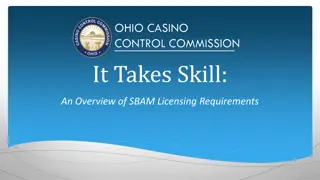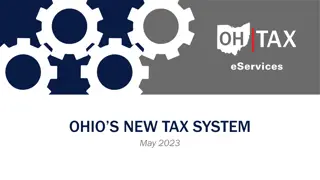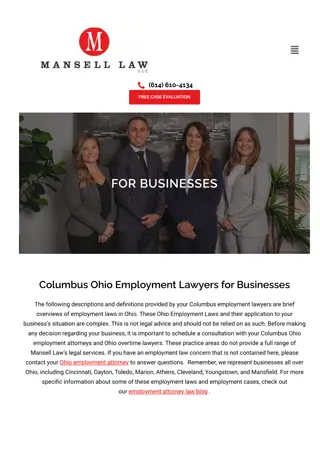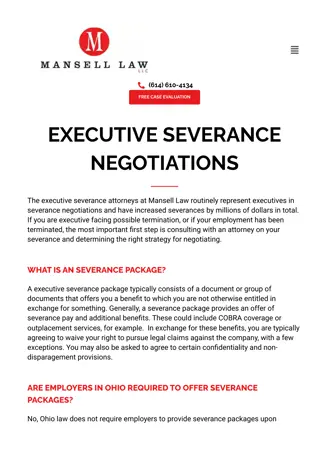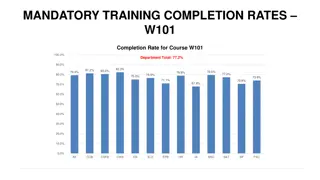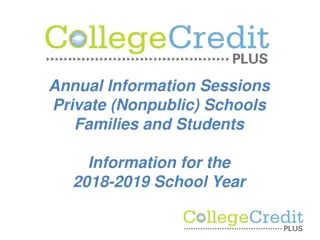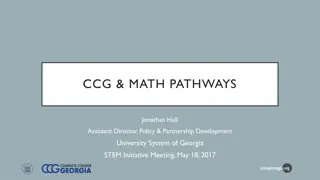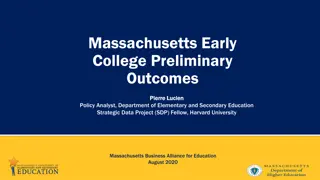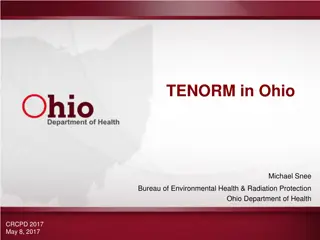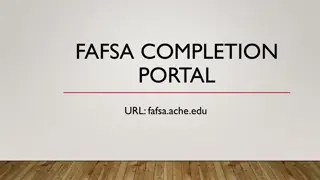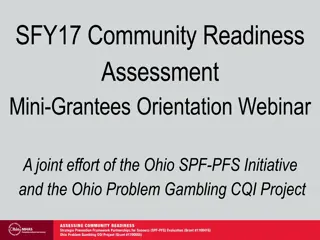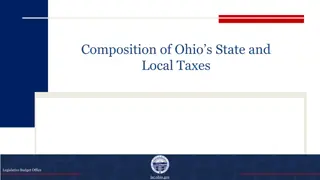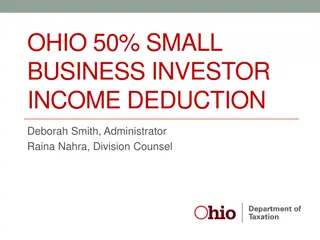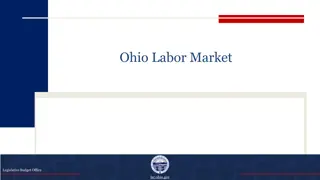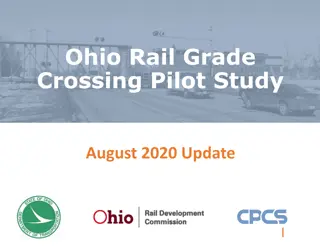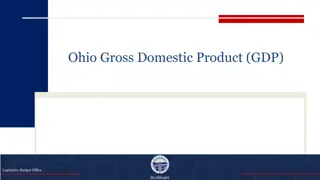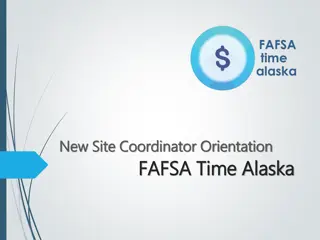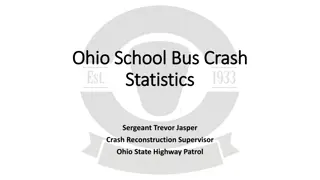Importance of FAFSA Completion in Ohio's College Comeback Initiative
Exploring why FAFSA completion is crucial for college enrollment and attainment in Ohio. Discover the impact on Pell grants, scholarships, and student access to financial aid.
Download Presentation

Please find below an Image/Link to download the presentation.
The content on the website is provided AS IS for your information and personal use only. It may not be sold, licensed, or shared on other websites without obtaining consent from the author.If you encounter any issues during the download, it is possible that the publisher has removed the file from their server.
You are allowed to download the files provided on this website for personal or commercial use, subject to the condition that they are used lawfully. All files are the property of their respective owners.
The content on the website is provided AS IS for your information and personal use only. It may not be sold, licensed, or shared on other websites without obtaining consent from the author.
E N D
Presentation Transcript
ECO 120 - Global Macroeconomics TAGGERT J. BROOKS SPRING 2014
Module 27 THE FEDERAL RESERVE SYSTEM-MONETARY POLICY
The Functions of the Federal Reserve System Provide financial services Supervise and regulate banking institutions Maintain the stability of the financial system Conduct monetary policy
What the Fed Does Sets reserve requirements - rules set by the Federal Reserve that determine the minimum reserve ratio for a bank. For example, in the United States, the minimum reserve ratio for checkable bank deposits is 10%. The federal funds market allows banks that fall short of the reserve requirement to borrow funds from banks with excess reserves. The federal funds rate is the interest rate determined in the federal funds market.
Reserve Requirements and the Discount Rate Operates the discount window an arrangement in which the Federal Reserve stands ready to lend money to banks in trouble. The discount rate is the rate of interest the Fed charges on loans to banks.
Open-Market Operations Conducts open-market operations the principal tool of monetary policy. The Fed can increase or reduce the monetary base by buying government debt (U.S. Treasury Bills) from banks or selling government debt to banks. The Federal Reserve s Assets and Liabilities:
Open-Market Operations by the Federal Reserve An Open-Market Purchase of $100 Million
Open-Market Operations by the Federal Reserve An Open-Market Sale of $100 Million
Open-Market Operations by the Federal Reserve Who Gets the Interest on the Fed s Assets? Who gets the profits? U.S. taxpayers do. The Fed keeps some of the interest it receives to finance its operations, but turns most of it over to the U.S. Treasury. For example, in 2007 the Federal Reserve system received $40.3 billion in interest on its holdings of Treasury bills, of which $34.6 billion was returned to the Treasury. The Fed decides on the size of the monetary base based on economic considerations in particular, the Fed doesn t let the monetary base get too large, because that can cause inflation.


